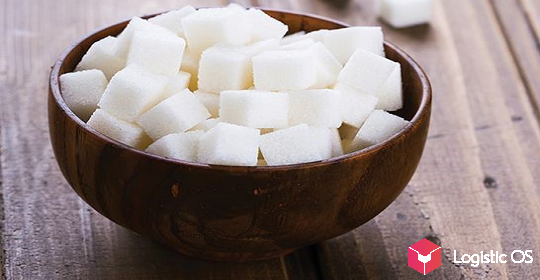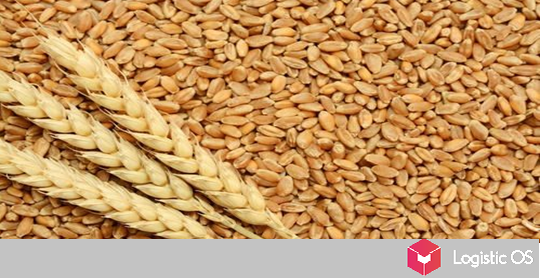Milk and butter were among the most significant gains in price in the EU over the past month.
According to the international financial company StoneX, butter in Europe has risen in price by 64% since November last year.
Spot milk powder (SMP) is also not lagging behind: it has added 32% in price since the beginning of August.
The main reasons for this sharp rise in prices are reduced milk supply coupled with growing demand for dairy products.
In total, the 5 main milk exporting countries this year show negative dynamics:
Europe -0.7%.
New Zealand -4.4%.
Australia -2.9%.
USA + 0.2%.
Argentina + 4.6%.
If you add up, it turns out that the total milk production in these countries fell by 0.6%.
In parallel with this, the costs of the producers are also growing. This is especially true for logistics, as fuel prices increase significantly.
“Looking at the demand picture, trade data released at the end of November shows that imports of Chinese dairy products in October were down 2.7% year-over-year, with SMP (+ 28%) and butter (+ 19%) are the only two main products that showed growth over last year’s volumes.
Also, New Zealand’s exports in October were less-than-expected, up just 0.4% year-on-year, with SMP (+ 13%) and cheese (+ 20%) showing growth, while all other major products lagged behind in the past year, ”says Peter Meehan, senior EU dairy analyst at Stonex.
FAO raises food price index again
& nbsp;
The Food and Agriculture Organization of the United Nations (FAO) reports that the food price index rose again in November 2021. A month ago it was 132.8, now it is 134.4. This is especially true for the following positions:
Milk and dairy products. For the month + 3.4%, for the year + 19.1%.
Corn. For the month + 3.1%, for the year + 23.3%.
Sugar. For a month + 1.4%, for a year + 40%.
The reason for the growth in almost all cases is the drop in supply on the world market.
For example, grain harvests this season have been lower than expected in virtually all major exporting countries. In the case of sugar, the problem is that Brazil sends a lot of sugar cane to the production of not sugar, but ethanol, which is used as fuel.
On the positive side: in November, the vegetable oil price index decreased by 0.2% compared to the previous month. But in general, food prices in the world continue to rise, and this trend is unlikely to end soon.

